Recognizing And Combating Post-Hurricane Depression

Recognizing and Combating Post-Hurricane Depression
Introduction
After a hurricane, many people experience a wide range of emotions such as fear, anger, relief, sadness, and confusion. It is normal to feel overwhelmed, but some individuals may fall into a state of depression. Post-hurricane depression is a real concern for those living in hurricane-prone areas. This article will explore the risk factors associated with post-hurricane depression and provide ways to recognize and combat it.
The Risk Factors of Post-Hurricane Depression

The Impact of Natural Disasters on Mental Health
The impact of natural disasters on mental health is well-documented. Studies have shown that exposure to natural disasters can lead to post-traumatic stress disorder (PTSD), substance abuse, anxiety, depression, and other psychological disorders. The aftermath of a hurricane can be particularly stressful due to the loss of property, displacement from home, power outages, lack of access to food and water, and the emotional impact of seeing one's community devastated.
Pre-existing Mental Health Conditions
Individuals with pre-existing mental health conditions, such as depression and anxiety, are at a higher risk of developing post-hurricane depression. These individuals may struggle with the added stressors caused by the hurricane, which can exacerbate their symptoms and make it more difficult to cope.
Financial Hardships and Loss
Financial hardships and loss can also contribute to post-hurricane depression. Losing one's home, job, or possessions can create feelings of hopelessness and despair. Furthermore, the financial strain of rebuilding and recovery can add to the stress of an already difficult situation.
Recognizing Post-Hurricane Depression
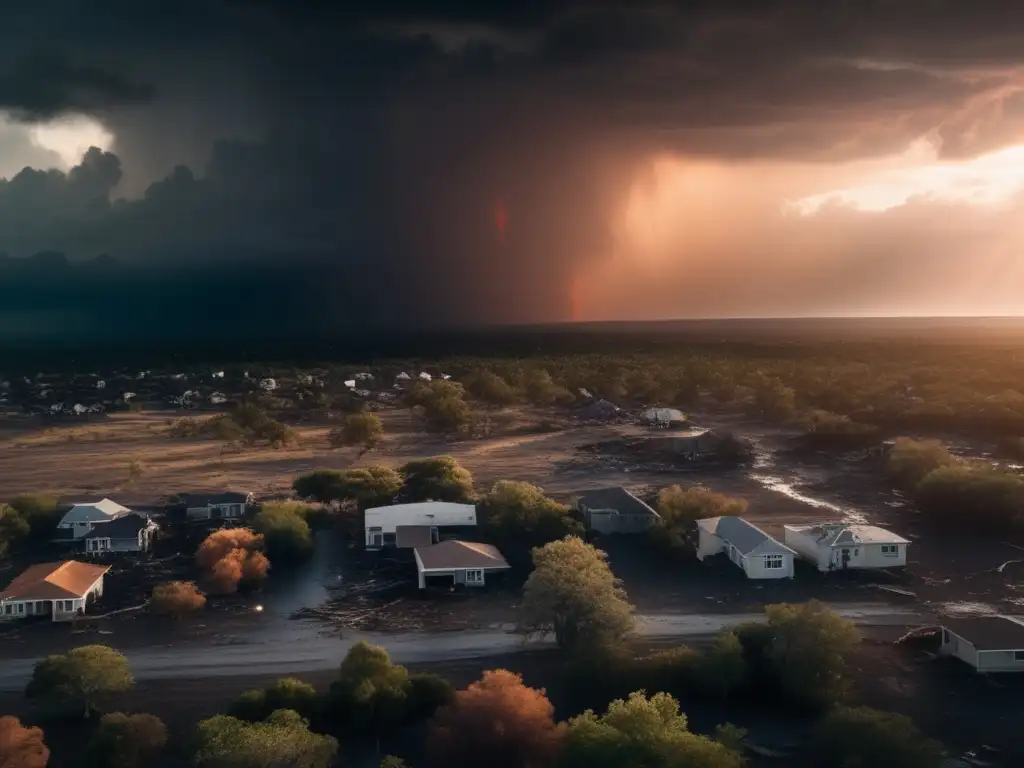
Symptoms
The symptoms of post-hurricane depression are similar to those of clinical depression and may include:
- Feelings of sadness, hopelessness, or helplessness
- Loss of interest in activities once enjoyed
- Changes in appetite and/or weight
- Difficulty sleeping or excessive sleeping
- Irritability or restlessness
- Difficulty concentrating or making decisions
- Physical symptoms such as headaches or stomachaches
Duration
The duration of post-hurricane depression varies from person to person. For some individuals, it may only last a few days or weeks, while for others, it may persist for several months or even years. It is important to seek help if symptoms continue for an extended period.
Getting Help
If you suspect that you or someone you know is experiencing post-hurricane depression, it is essential to seek professional help. Mental health professionals such as therapists and psychiatrists can provide support and guidance during this difficult time. Additionally, some community organizations may offer counseling services free of charge for those affected by a hurricane.
Combating Post-Hurricane Depression
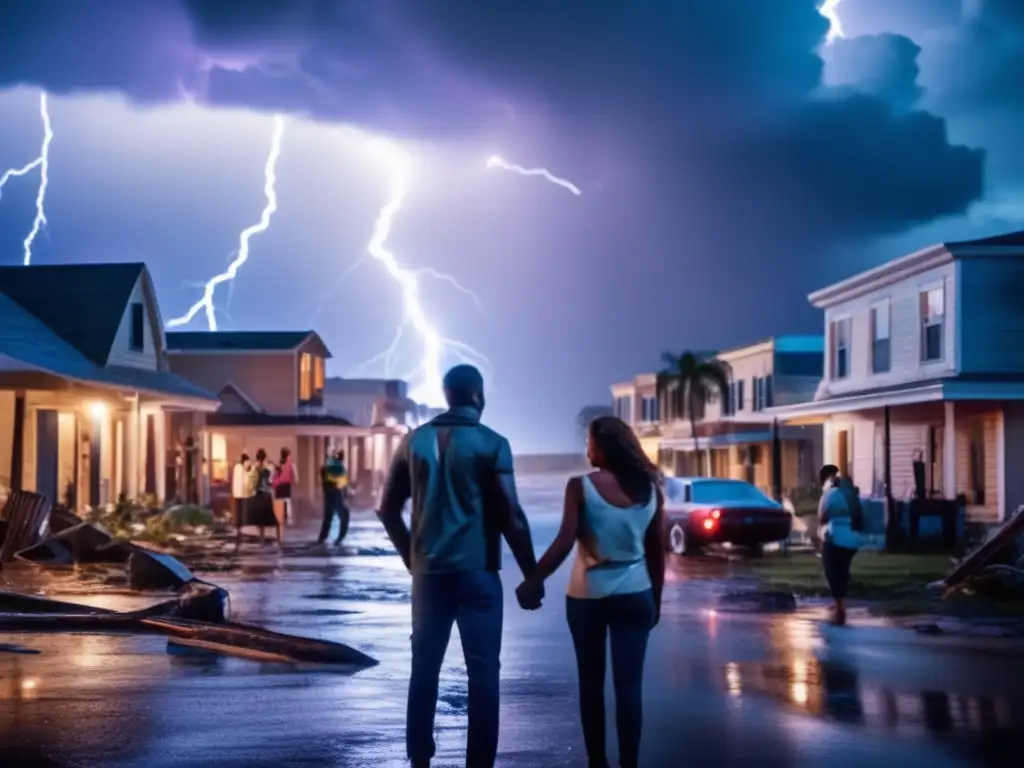
Self-care
Self-care is critical for combating post-hurricane depression. It involves taking care of oneself physically and emotionally to promote overall well-being. Some self-care tips include:
- Eating a balanced and nutritious diet
- Getting regular exercise
- Meditation or relaxation techniques
- Connecting with friends and family
- Limiting exposure to the media
Support Groups
Support groups can be an excellent resource for those struggling with post-hurricane depression. These groups offer a safe and supportive environment where individuals can share their experiences and feelings with others who have gone through similar situations. Additionally, support groups can provide a sense of belonging and validation for those feeling isolated or alone.
Therapy
Therapy is a crucial part of the treatment for post-hurricane depression. It allows individuals to explore their feelings in a safe and supportive environment and develop coping strategies to manage stress and other symptoms. Therapists can provide guidance on ways to improve one's mental health and well-being during the recovery process.
Frequently Asked Questions

-
Can post-hurricane depression affect anyone?
Yes, post-hurricane depression can affect anyone.
-
How long does post-hurricane depression last?
The duration of post-hurricane depression varies from person to person. It may last a few days, weeks, or even months.
-
What are the symptoms of post-hurricane depression?
Symptoms may include feelings of sadness, hopelessness, loss of interest in activities, changes in appetite and/or weight, difficulty sleeping, irritability, difficulty concentrating, and physical symptoms like headaches or stomachaches.
-
What can I do to combat post-hurricane depression?
Self-care, support groups, and therapy can all be great ways to combat post-hurricane depression.
-
Where can I find resources for post-hurricane depression?
There are many resources available for those struggling with post-hurricane depression, including mental health professionals, community organizations, and support groups.
Conclusion
Post-hurricane depression is a real concern for those living in hurricane-prone areas. It can manifest in a variety of ways and impact individuals' well-being and functioning. Recognizing the risk factors and symptoms of post-hurricane depression is essential to getting help and starting the recovery process. Self-care, support groups, and therapy can all be effective ways to combat post-hurricane depression. It is crucial to seek help from a mental health professional if you or someone you know is struggling with post-hurricane depression. Remember, it is okay to ask for help.
Additional Resources
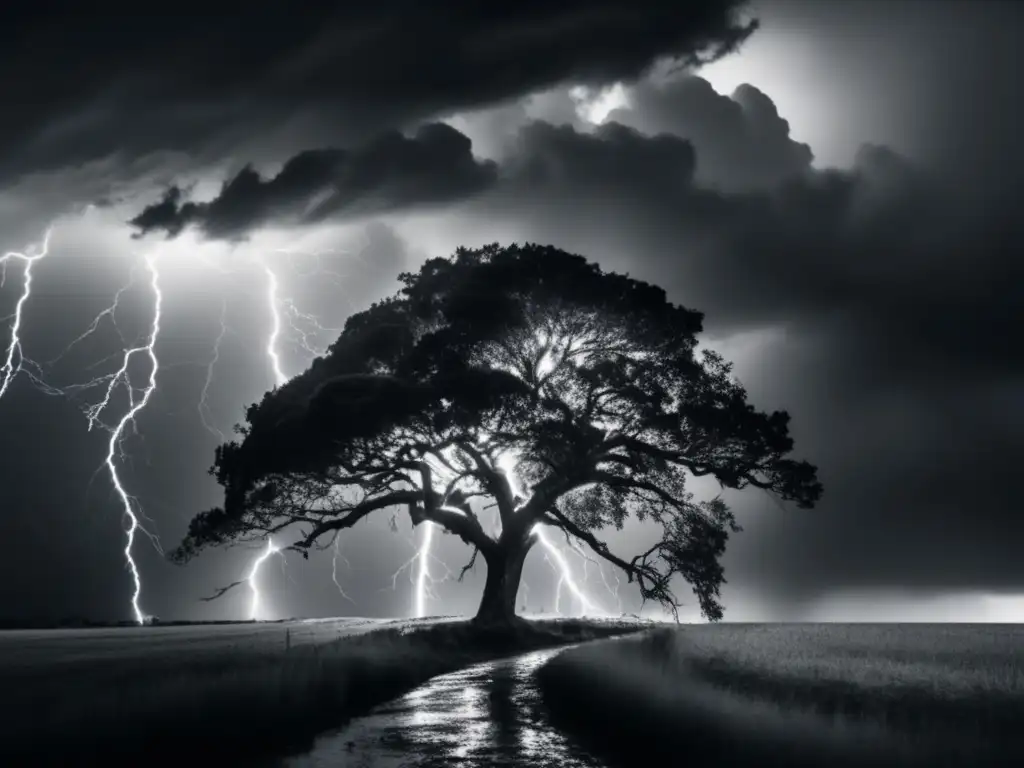
- National Institute of Mental Health - Post-traumatic Stress Disorder
- American Red Cross - Recovering Emotionally
- Anxiety and Depression Association of America - Disasters and Mental Health: Tips for Surviving and Thriving
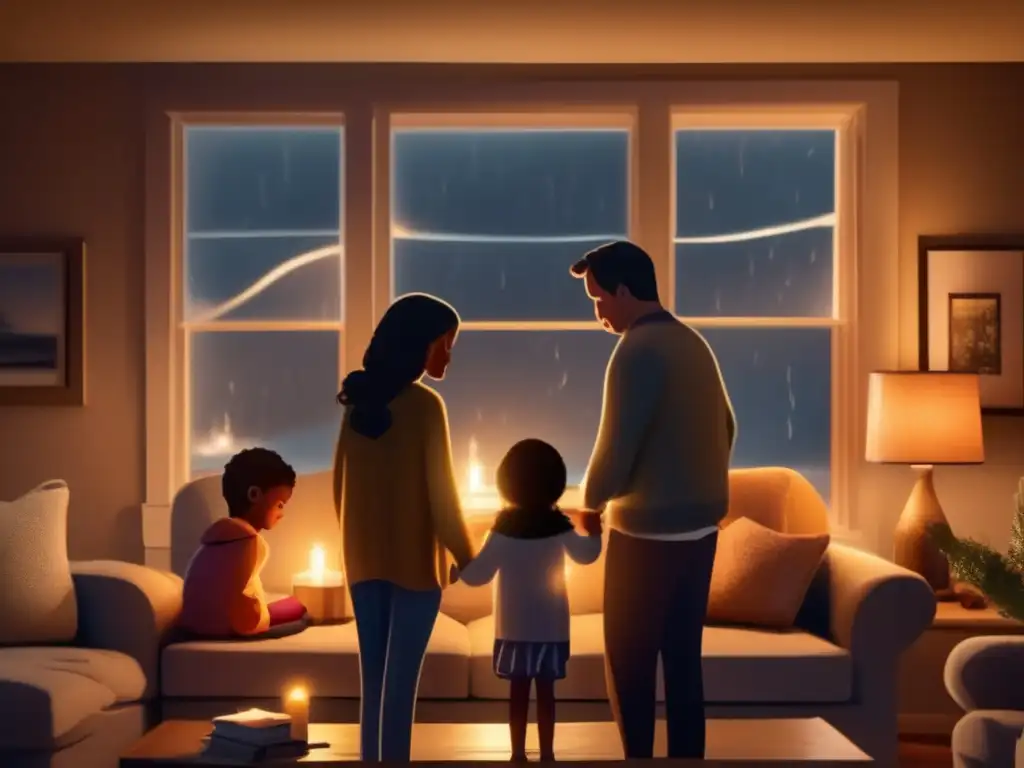 Family Preparedness: Developing A Post-Hurricane Family Plan
Family Preparedness: Developing A Post-Hurricane Family Plan Coping With The Loss Of A Loved One During A Hurricane
Coping With The Loss Of A Loved One During A Hurricane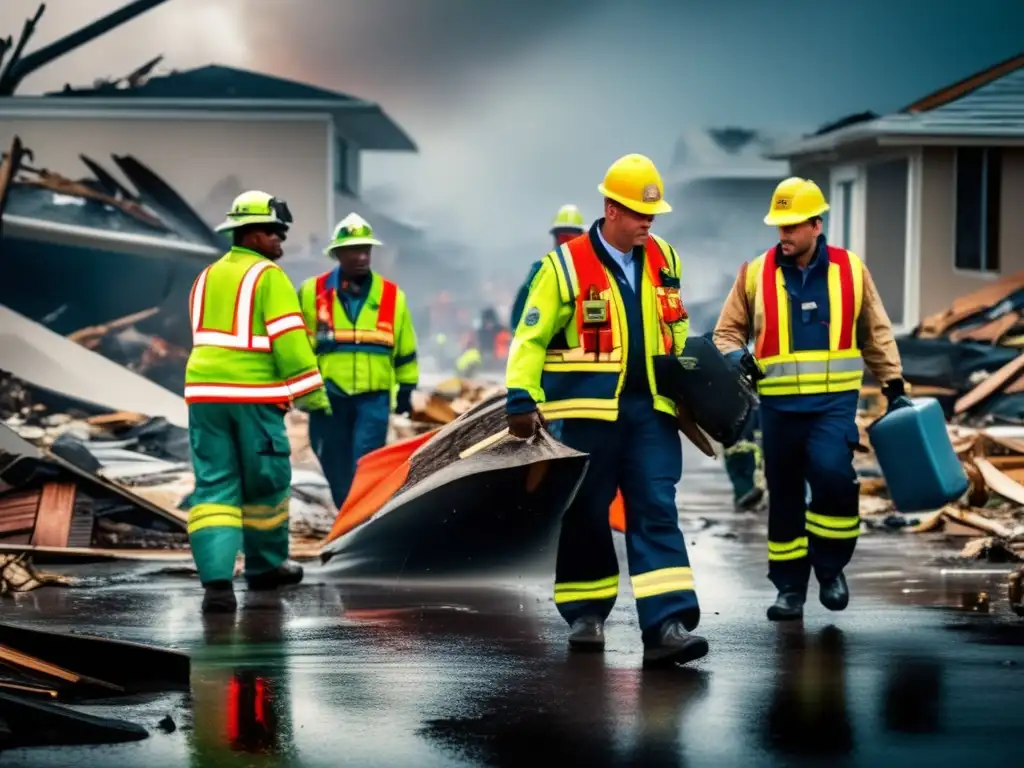 Mobile Apps For Post-Hurricane Recovery And Assistance
Mobile Apps For Post-Hurricane Recovery And AssistanceIf you want to discover more articles similar to Recognizing And Combating Post-Hurricane Depression, you can visit the Hurricane recovery: category.
Leave a Reply

Articulos relacionados: